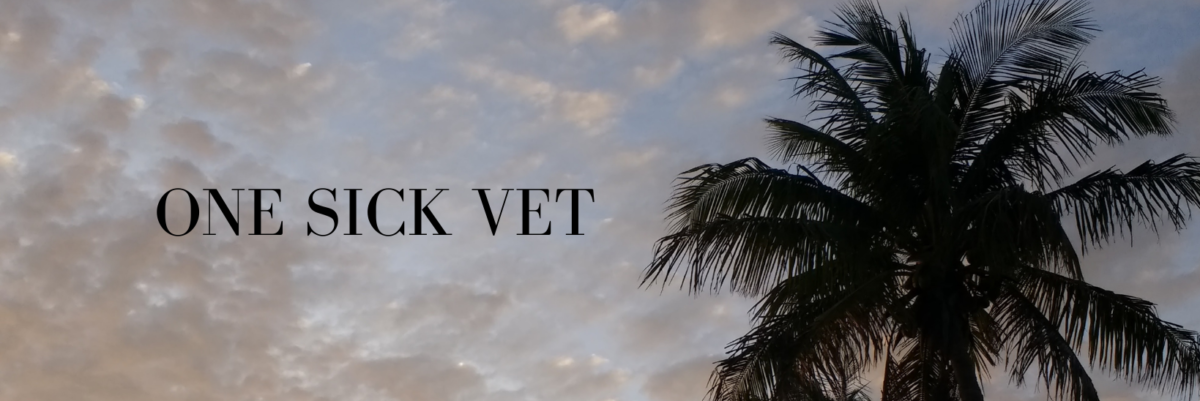“Everything we hear is an opinion, not a fact. Everything we see is a perspective, not the truth.” – Marcus Aurelius
It is increasingly difficult to distinguish between signal and noise these days. Information sources tend more toward being the first to release information (“getting the scoop”), and less toward fact-checking before distribution. They also tend more toward hyperbole, and less toward sober, objective reporting. When you add cognitive biases such as confirmation bias to the pressure to draw high ratings or optimize traffic to your site, the signal can become very hard to detect.
In other words, how do you know if health information is accurate or effective? As of 2009, alternative medicine was a $34 billion-a-year business. How do you know you’re not spending your hard-earned money on modern-day snake oil?
One place to start is here. This article, provided by the National Institutes of Health (NIH), gives an overview on how to evaluate health information.
And this article in The Guardian explains a few of the reasons we can get it wrong: cognitive biases. As one scientist in the article explains, “As a health condition degrades and there become fewer and fewer treatment options, the tendency to try anything rises. The confounding part of this equation is the concept of human hope – and that, unfortunately, is what undermines science every time. We hope that something will work, we believe that something will work.”
When I was healthy, I thought going to the doctor was like going to a car mechanic: you tell them what’s wrong and they fix it. But when I developed a chronic health condition, I learned that doctors don’t always know how to “fix it”. I also learned that they often don’t want to admit that they don’t know how to fix it. I have a great deal of respect for the one and only doctor who told me, “You know more about your condition than I do. You’re talking over my head, and I’m just going to refer you to a specialist because this is way beyond my areas of expertise.” I have a great deal of contempt for the multiple doctors who have been unwilling to admit (perhaps even to themselves) that this is a case that *should* be referred to a specialist, and insist on trying to treat it themselves even though it is obvious to me that they have insufficient knowledge of or experience with this condition.
So, yes, when traditional medicine failed to heal me and my quality of life decreased to the point where I could hardly work and rarely left the house, I started exploring alternative medicine. I want to believe that I will find ways to manage my condition and live a satisfying life. Part of that has to do with hope, but a bigger part has to do with trying to regain a sense of control. So, I’m willing to explore alternatives – but I’m also a frugal skeptic who doesn’t want to throw away money on things that don’t work. I’m used to providing evidence to support my statements, and I expect others to do the same.
What I am finding is that it’s difficult to find empirical evidence for alternative treatments. Many of them have not been scientifically studied, or the number of studies or number of participants are small. So we don’t really know whether they work or not. There are a growing number of blogs and websites that recommend various alternative treatments, but I am hesitant to endorse any of them because I find that they cite each other as support for their statements, but I can’t find scientific evidence for their claims. That doesn’t necessarily mean that what they are saying is wrong – I just can’t prove they’re right.
It’s human nature to believe something we hear from someone we trust. If a treatment “worked” for our friend, or someone they know, we’re often willing to try it ourselves. The problem is that we don’t know for sure *if* it worked or *why* it worked. Thus, we don’t really know whether it will work for us. And we often don’t know if there are any potential side-effects or interactions with treatments, medications, or supplements we’re already trying. We’ve all done it – but it’s a game of roulette, really.
So how can you become more informed about alternative treatments? I have found a few information sources that have been very helpful for me. For learning more about vitamins, minerals, supplements, and nutrition, I go to Examine.com, a site run by editors who examine primary peer-reviewed research on these topics, or to the Mayo Clinic’s website. For a skeptical, science-based analysis of various alternative treatments, I turn to The SkepDoc, written by Harriet A. Hall, MD, a retired family physician and former Air Force flight surgeon. She writes about “medicine, so-called complementary and alternative medicine, science, quackery, and critical thinking”. She also is one of the editors for Science-based Medicine, a website that tackles “issues and controversies in science & medicine”. There are also some very thought-provoking articles at A Breath of Reason, which is run by a skeptical cystic fibrosis patient. In her own words: “I started this blog as a way to offer science-based refutations for other CF patients and their loved ones to refer to when swimming through the sea of misinformation flowing around the internet, TV media, bookshelves and health stores claiming to better your health in one way or another.”
I’ll add to this list as I discover new resources, and be sure to check out the Resources page. Finally, always ask yourself: what does this person, website, company, or organization have to gain by promoting this treatment or product? What is their motive for providing this information? What evidence can I find to support (or refute) their claims?
If you know of other sources of scientifically tested health information, please share them with us. Knowledge is Power!

